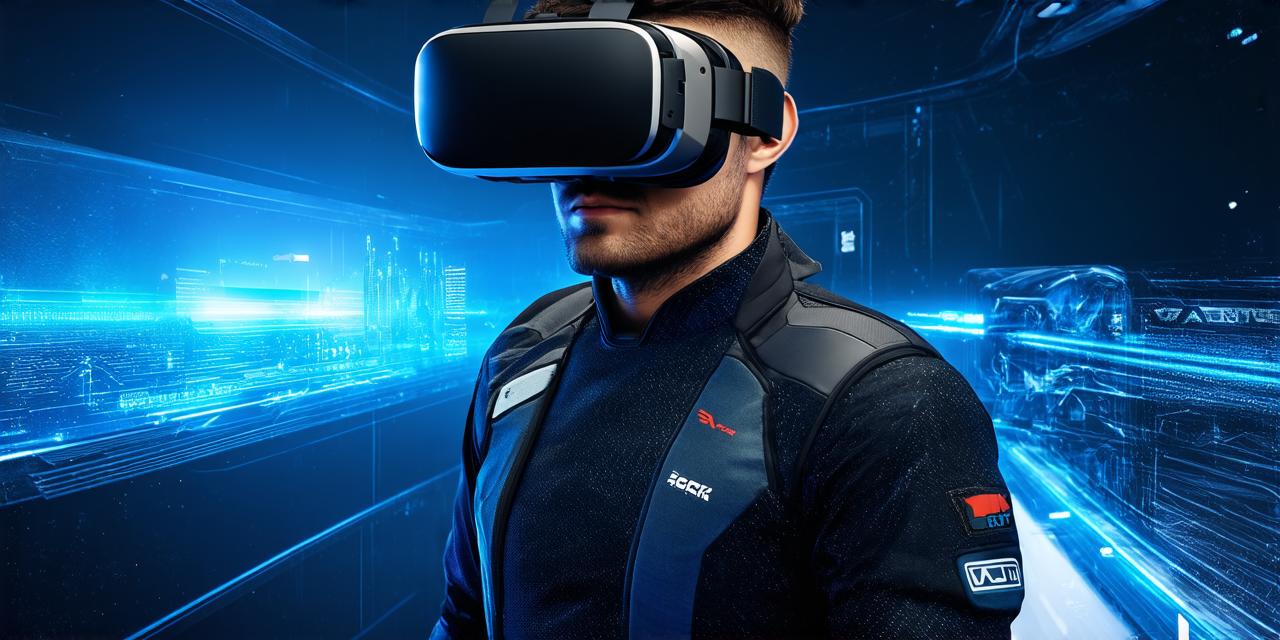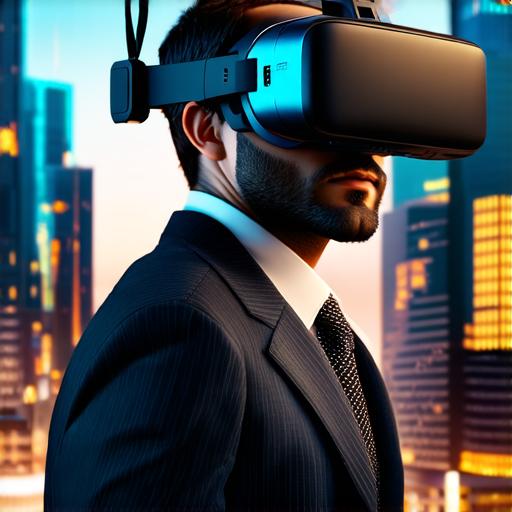
How does virtual reality provide assistance?
Virtual reality (VR) technology has been advancing at a rapid pace in recent years, with countless applications across various industries. From gaming and entertainment to healthcare and education, VR has the potential to revolutionize the way we interact with the world around us.
Virtual Reality Assistance in Healthcare
One of the most promising applications of VR technology is in healthcare. Virtual reality can be used to treat a wide range of conditions, from phobias to chronic pain. For example, exposure therapy involves exposing patients to their fears in a controlled environment using VR.
By simulating real-life scenarios, therapists can help patients overcome their fears and anxiety, leading to significant improvements in mental health.
Another application of VR in healthcare is in pain management. Pain relief can be achieved through the use of virtual reality techniques such as visualization and distraction. For instance, a patient in pain may be given a VR headset to wear while receiving treatment, which can help to distract them from their pain and reduce their overall discomfort.
Virtual Reality Assistance in Education
Virtual reality has also been used extensively in education to provide immersive learning experiences. By creating virtual simulations of real-life scenarios, students can experience hands-on training without leaving the classroom. This technology has proved particularly useful in subjects such as science, engineering, and medicine.
Virtual Reality Assistance in Training and Simulation
Virtual reality has been used extensively for training and simulation purposes across a range of industries, including military, aviation, and manufacturing. By creating realistic simulations of real-world scenarios, VR allows individuals to train in safe and controlled environments without the risk of injury or damage to equipment.
Virtual Reality Assistance in Entertainment and Gaming
Virtual reality has become increasingly popular in the entertainment and gaming industries, with immersive experiences that allow users to enter new worlds and interact with characters in ways never before possible. VR games provide a highly engaging experience for players, with realistic graphics and sound that transport players into new environments.

Virtual Reality Assistance in Marketing and Advertising
Virtual reality has also found its way into marketing and advertising, allowing companies to provide immersive experiences that can help customers better understand their products and services. For example, real estate agents can use VR technology to showcase their properties to potential buyers, giving them a virtual tour of the property without having to physically visit it.
Virtual Reality Assistance in Tourism and Hospitality
Virtual reality has also found its way into the tourism and hospitality industry, allowing hotels and resorts to provide immersive experiences that can help customers better understand what they can expect when they visit the property. For example, hotels can use VR technology to showcase their rooms and amenities, giving customers a virtual tour of the property before they even arrive.
Summary
Virtual reality technology has the potential to revolutionize the way we interact with the world around us, providing assistance and support in a wide range of industries. From healthcare and education to training and entertainment, virtual reality is a powerful tool that can help individuals and organizations achieve their goals.
As developers, it is important to stay up-to-date with the latest trends and innovations in this rapidly evolving field, and to explore the many ways in which VR technology can be used to create more engaging and effective experiences for customers and users alike.


